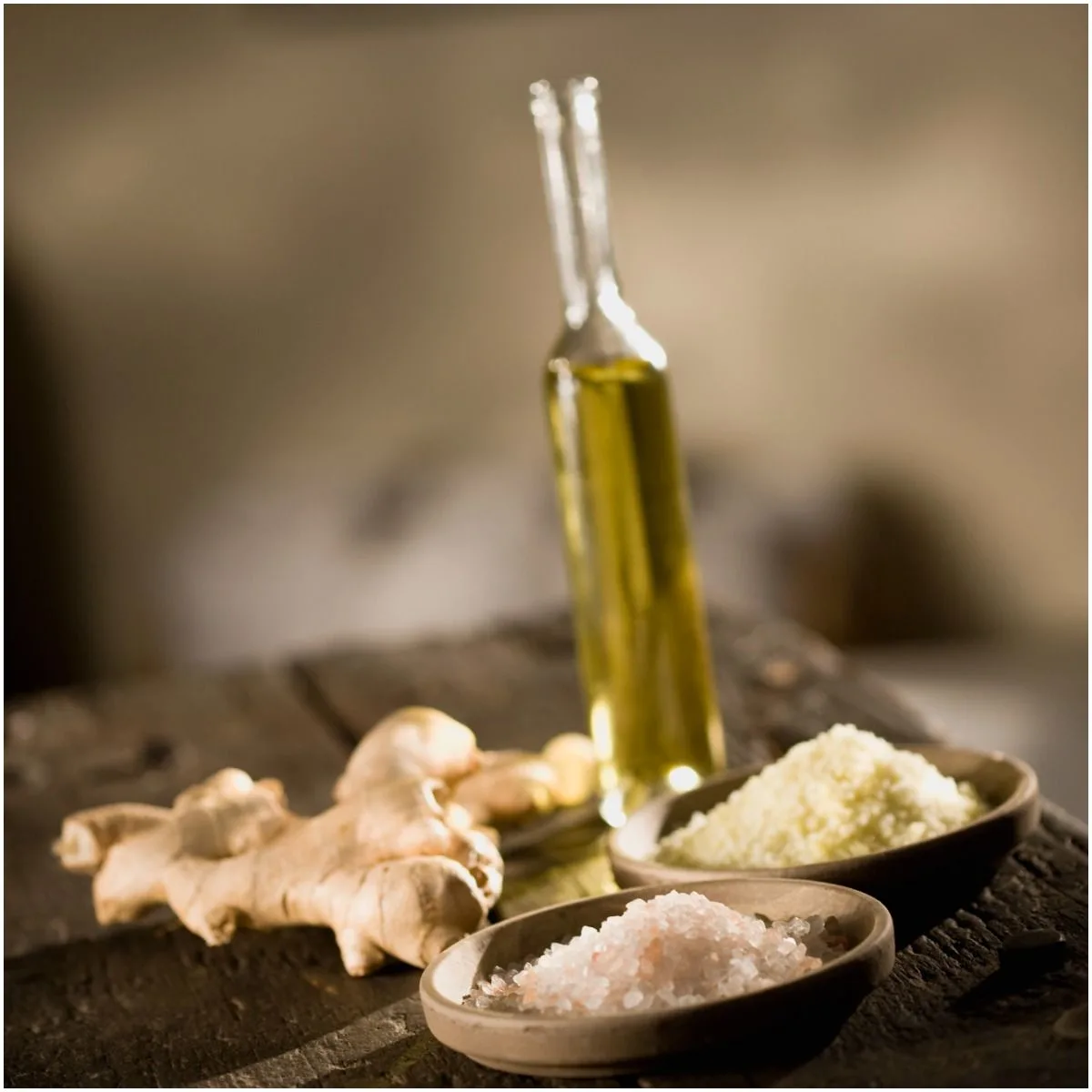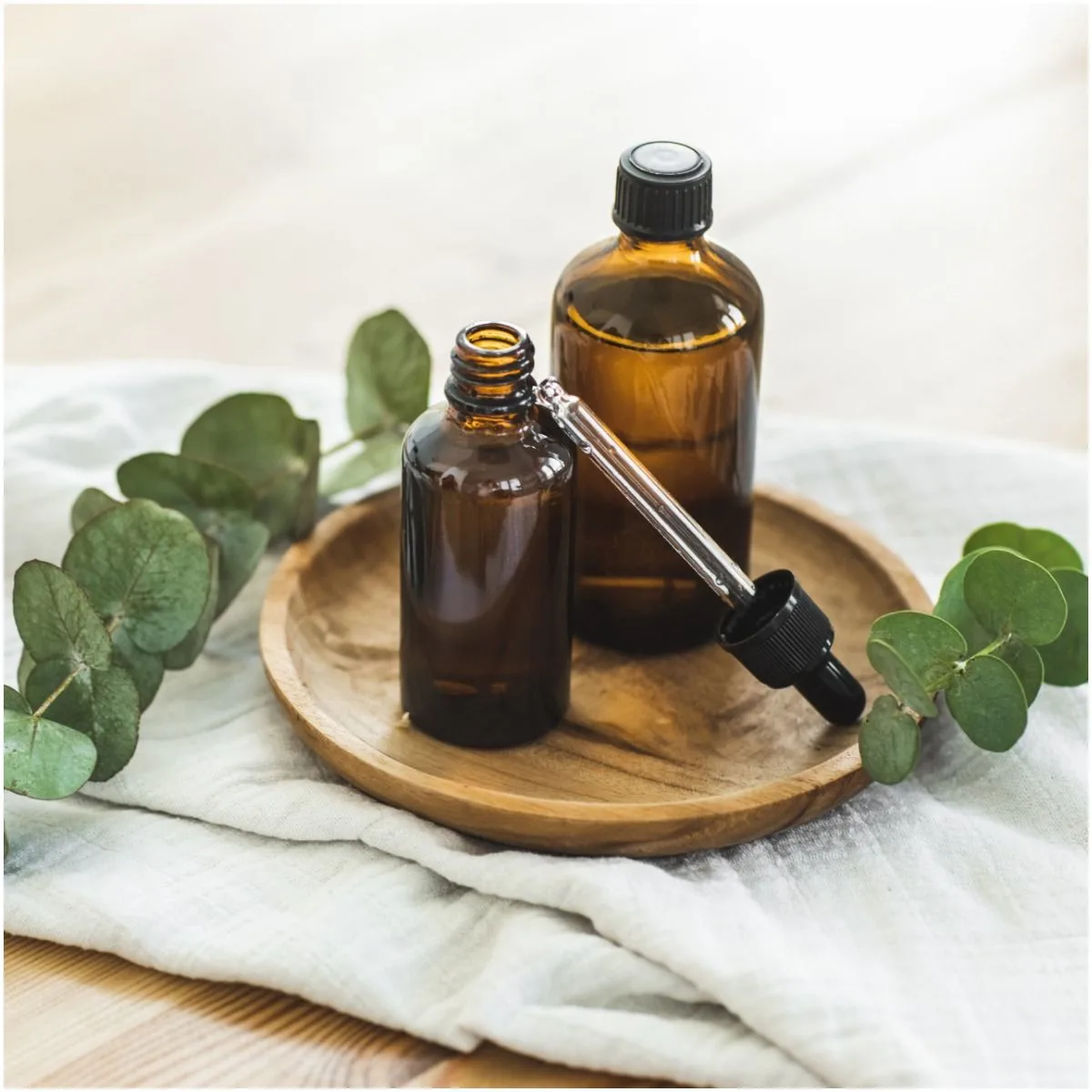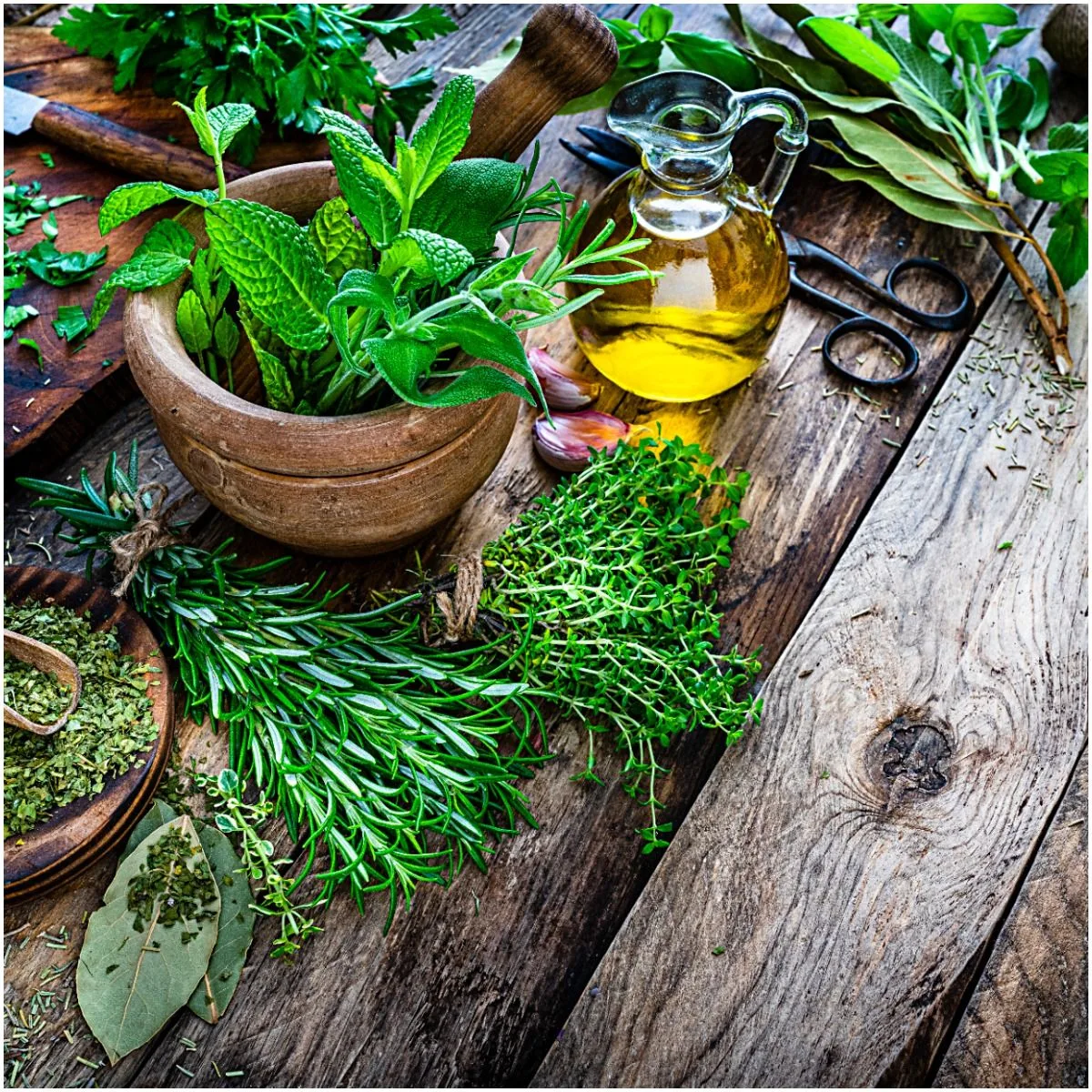Essential Oils For Laryngitis & Hoarse Voice:
Introduction
Laryngitis is an inflammation of the voice box from irritation, overuse, or infection.
It can be:
- acute (short-term), lasting less than three weeks. Acute laryngitis refers to hoarseness that occurs suddenly, usually after being exposed to a lot of cigarette smoke or a night of shouting and singing;
- chronic (long-term), lasting more than three weeks. An estimated 4 in every 1,000 people have a diagnosis of chronic laryngitis every year, according to a study of people in the United States.
Symptoms
The most common symptoms may include:
- dry cough;
- weakened voice;
- minor throat irritation;
- constant tickling;
- hoarse, dry throat;
- loss of voice.
Causes
Causes of laryngitis can include:
- exposure to polluted air;
- smoking tobacco and exposure to secondhand smoke;
- gastroesophageal reflux disease;
- overuse of the vocal cords by singing, talking, or shouting;
- upper respiratory infection.
Risk Factors
Risk factors can include:
- overusing your voice by speaking too loudly, speaking too much, singing or shouting;
- exposure to irritating substances, like – excessive alcohol intake, cigarette smoke, workplace chemicals or stomach acid;
- having a respiratory infection, like – bronchitis, a cold, or sinusitis.
When To Call The Doctor
Sometimes this condition may be more serious and may indicate laryngeal cancer.
A few signs and symptoms should make a person go see a healthcare provider:
- throat pain or discomfort;
- high fever with a sore throat;
- associated swelling in the neck;
- coughing up yellow or green phlegm;
- weight loss;
- coughing up blood;
- symptoms which last for 2 to 3 weeks despite resting the voice;
- a history of breathing or throat problems;
- inability to drink liquids.
Treatment
Acute laryngitis usually gets better on its own within 7 days or so.
However, if you have a bacterial infection, your healthcare provider may recommend an antibiotic.
Additionally, your healthcare professional might prescribe corticosteroids, drugs that can reduce inflammation, to treat both chronic and acute laryngitis. Home remedies are also effective in treating the condition.
List Of 11 Essential Oils For Laryngitis & Hoarse Voice
1) Ginger

@Getty
Ginger essential oil is derived from the root of the Zingiber officinale herb.
It is part of the plant family, which includes cardamom and turmeric, both good for your wellness and health.
The primary chemical constituents of ginger essential oil are:
- curcumene;
- β-Sesquiphellandrene;
- β-Bisabolene;
- zingiberene;
- geranial;
- α-Pinene;
- B-Phellandrene;
- camphene.
Ginger essential oil compounds are effective against Bacillus subtilis, Escherichia coli, Staphylococcus aureus, and other pathogenic bacteria, according to a study that was issued in the Asian Pacific Journal of Tropical Diseases.
Note – if you want to use the oil internally, it is recommended that you should add no more than 1 drop per 4 fl. oz. of liquid. You may also diffuse a few drops of it to help improve your condition.
2) Tea Tree
Tea tree essential oil is extracted from the leaves of Melaleuca alternifolia.
The main constituents of the oil are:
- alpha-terpineol;
- terpineol;
- linalool;
- terpinolene;
- beta pinene;
- para-cymene;
- gamma terpinene;
- cineole;
- alpha pinene;
- limonene;
- alpha-terpinene;
- alpha phellandrene;
- myrcene;
- sabinene.
Benefits of tea tree oil include:
- anti-viral and anti-candida attributes;
- may help reduce fevers and end headaches;
- helpful for infections, including sinusitis, laryngitis, vaginitis, or cystitis;
- can help lower blood pressure;
- treats lice;
- pain reliever.
3) Geranium
It is extracted through steam distillation of stems and leaves of the geranium plant (botanical name – Pelargonium odorantissimum).
This essential oil is now used to reduce inflammation, treat acne, alleviate anxiety, and balance hormones.
A 2013 scientific review established that geranium essential oil is beneficial in the treatment of acute respiratory infections.
ALSO READ: Famous People With Tourette’s Syndrome
4) Eucalyptus

@Getty
Eucalyptus globulus Labill is the main source of eucalyptus essential oil in the world and has been used as an antiseptic and for relieving the signs and symptoms of cold, cough, laryngitis, sore throat, and other infections. In addition, it has potent anti-inflammatory benefits that will ease your respiratory problems.
The main chemical components in eucalyptus oil are:
- globulol;
- piperitone;
- a-pinene;
- epiglobulol;
- b-pinene;
- aromadendrene;
- terpinen-4-ol;
- limonene;
- 1,8-cineole (it has remarkable antimicrobial properties that work against many types of viruses, pathogenic bacteria, and fungi);
- a-phellandrene.
Note – it is excellent for inhaling. Add a few drops of eucalyptus oil to your diffuser or to a tissue.
ALSO READ: Is Precordial Catch Syndrome dangerous?
5) Thyme
Thyme essential oil comes from the perennial herb known as Thymus vulgaris.
The health benefits of the oil can be attributed to its properties, which include:
- antirheumatic;
- tonic;
- stimulant;
- insecticide;
- hypertensive;
- expectorant;
- emmenagogue;
- diuretic;
- cicatrizant;
- carminative;
- cardiac;
- bactericidal;
- antiseptic;
- antispasmodic.
Thyme essential oil’s capacity to reduce anxiety, kill infections, and rid the body of toxins makes it the perfect natural remedy for the common cold and other respiratory issues.
ALSO READ: Facts About Bronchitis
6) Myrrh
Myrrh essential oil comes from a tree called Commiphora myrrha, common in the Middle East and Africa.
It can be used to prevent many health problems occurring due to microbial infections, like:
- infection of wounds;
- pox;
- measles;
- mumps;
- cough and cold;
- food poisoning;
- fever.
Note – it has no adverse effects, such as digestive malfunction or weakening of the liver.
ALSO READ: Facts About Cystic Fibrosis
7) Oregano
The oil is made from the leaves of the oregano plant.
It is an herbal supplement that is known for its anti-inflammatory, antiviral, and antioxidant properties since it contains many compounds that are effective against a bad cough, stuffy nose, laryngitis, and irritated throat.
ALSO READ: Essential Oils For Enlarged Prostate
8) Peppermint

@Getty
Peppermint oil is used in cosmetics, foods, pharmaceutical products, and personal hygiene products.
This essential oil is considered a carminative, and carminatives have strong effects on the digestive system.
In addition, it is a natural stimulant that can increase your capacity to concentrate during times of emotional stress.
ALSO READ: Vestibular Papillomatosis vs HPV
9) Chamomile
It is extracted from Roman and German chamomile through steam distillation.
The oil is composed of:
- butyl angelate;
- propyl angelate;
- cineole;
- farsenol;
- pinocarvone;
- gamma-terpinene;
- myrcene;
- sabinene;
- caryophyllene;
- camphene;
- beta pinene;
- alpha pinene.
Chamomile essential oil has the power to relieve mucus congestion, swelling, hoarse voice, irritations that are linked with respiratory tract infections, and seasonal allergy symptoms.
Moreover, recent studies have established that children suffering from the common cold heal faster when treated with this essential oil without any side effects.
ALSO READ: Hydrogen Peroxide vs Rubbing Alcohol
10) Lemon
The lemon essential oil has anti-infection, detoxifying, antiseptic, astringent, antifungal, and disinfectant properties.
Its antifungal properties against three Candida species (Candida tropicalis, C. albicans, and Candida glabrata) are scientifically proven.
To use it, apply a few drops of oil to a tissue or handkerchief and inhale up to three times a day.
ALSO READ: Essential Oils For Swollen Lymph Nodes
11) Lavender
Lavender is a favorite essential oil of many because of its versatility.
A 2016 study concluded that this essential oil promoted wound healing in the early phase by promoting collagen synthesis and accelerating the formation of granulation tissue.
The health benefits of lavender essential oil also include:
- treating respiratory problems;
- enhancing blood circulation;
- disinfecting the scalp and skin;
- relieving pain;
- the ability to eliminate nervous tension.
Here is a quick recap of the essential oils for laryngitis and hoarse voice:
- Ginger
- Tea Tree
- Geranium
- Eucalyptus
- Thyme
- Myrrh
- Oregano
- Peppermint
- Chamomile
- Lemon
- Lavender
Featured image source – Shutterstock
ALSO READ: Gastritis vs Gastroenteritis – Differences
References http://cochranelibrary-wiley.com/doi/10.1002/14651858.CD004783.pub5/full https://www.bmj.com/content/349/bmj.g5827

